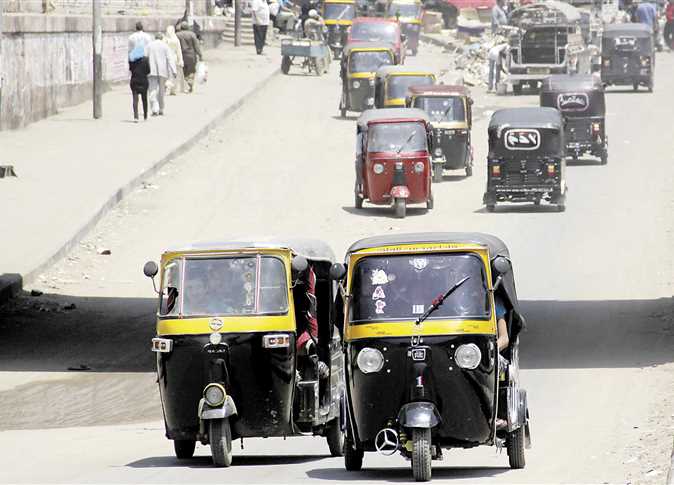Women activists have protested all over the world against sexual violence in Egypt. The protests, which took place in front of Egyptian embassies in 20 capitals worldwide and in Cairo, sent a clear message to the Egyptian government that the international community will take a stand against sexual harassment in solidarity with the women of Egypt.
In the midst of all the chaos of the country’s politics, there seems to be one constant: Women are being pushed, figuratively and, in many cases, literally, out of the public sphere.
Despite being at the forefront of the revolution that occurred two years ago, women continue to face much the same kind of systematic targeting they faced under the Hosni Mubarak regime.
For example, Cairo’s Tahrir Square, seen as the heart of the protest movement, has become a dangerous place for women. On 25 January 2013, the second anniversary of the Egyptian uprising, numerous women reported being sexually assaulted, including many who were raped.
Nazra for Feminist Studies, an Egyptian NGO, documented one protester’s story about what happened to her at Tahrir when she was caught in a crowd of demonstrators:
“I did not understand anything at that moment … I did not comprehend what was happening … who are those people?”
“All that I knew was that there were hundreds of hands stripping me of my clothes and brutally violating my body. There is no way out, for everyone is saying that they are protecting and saving me, but all I felt from the circles close to me, sticking to my body, was the finger-rape of my body, from the front and back; someone was even trying to kiss me … I was completely naked,” she recounted.
United Nations High Commissioner for Human Rights Navi Pillay condemned the attacks.
“I deplore the fact that sexual violence is permitted to occur with apparent impunity in a public square, and that the authorities have failed to prevent these attacks or to bring more than a single prosecution against the hundreds of men involved in these vicious attacks. There has also been far too little effort to grapple with the sexual harassment and sexual violence taking place in a number of Egyptian cities,” Pillay said.
In response to such violent attacks, Nazra and other leading Egyptian NGOs, including the Egyptian Initiative for Personal Rights, HarassMap and Al-Nadeem Center for Rehabilitation of Victims of Violence, have formed Operation Anti-Sexual Harassment, often abbreviated as OpAntiSH. The coalition has been a prominent critic of revolutionary groups and political parties that have failed to combat attacks on female protesters.
Though it is not certain who is behind the frequent attacks, OpAntiSH suggests they are not random.
“We believe they must be organized, because they happen most of the time in the exact same spots in Tahrir Square and they use the same methodologies,” the coalition said, adding that testimonies collected were similar to accounts of 2005 attacks thought to have been instigated by secret police.
Nazra adds, “We will not be frightened; we will not hide in our homes. Sexual harassment is a social disease that has been rampant for years, used by the regime to intimidate girls and women.”
This is not a new problem in Egypt, but it is one that grows more disturbing with each brutal attack. According to a 2008 report by the Egyptian Center for Women’s Rights, 83 percent of Egyptian women had experienced some form of sexual harassment. The problem is exacerbated by a failure to prosecute the perpetrators.
One activist recently observed, “There is no accountability for these people. They know that they can get away with it again and again.”
The Egyptian Railways Authority announced last week that it would enforce women’s-only train cars on several popular routes to and from Cairo in a move to try and curtail the rampant issue of sexual harassment. However, it’s a move that some activists say addresses the symptoms and not the cause of the attacks.
The issue frequently happens in the shadows of more well-documented news events surrounding Egypt’s journey toward democracy. It is clear that Egypt is a nation in desperate need of stability that is safeguarded by institutions established to guarantee human rights.
It’s not easy bringing in democracy after generations of dictatorship or to change mindsets that have been entrenched for so long. But if the new Egypt is to emerge stronger and better than the one of the past, women must be permitted to safely participate in political dialogue. They must be able to walk down the street or into areas of protest safe from fear of attack.
If the revolution of Tahrir Square is to take hold permanently, all Egyptians — men and women, alike — must be able to participate to ensure that every Egyptian lives with dignity and enjoys democracy.
Diana Sayed is Human Rights First’s Pennoyer fellow and an advocate and researcher in the Human Rights Defenders Program.




